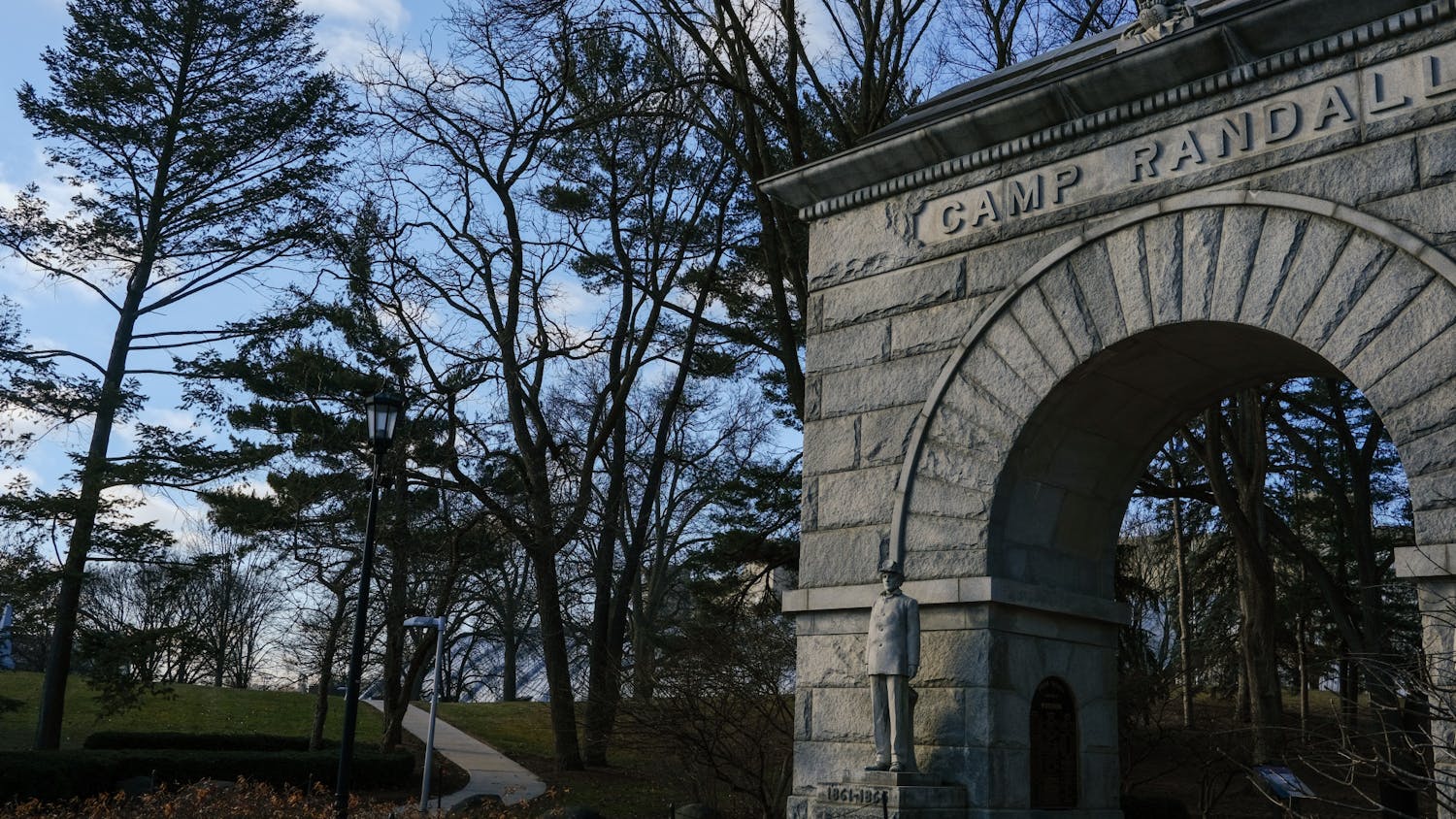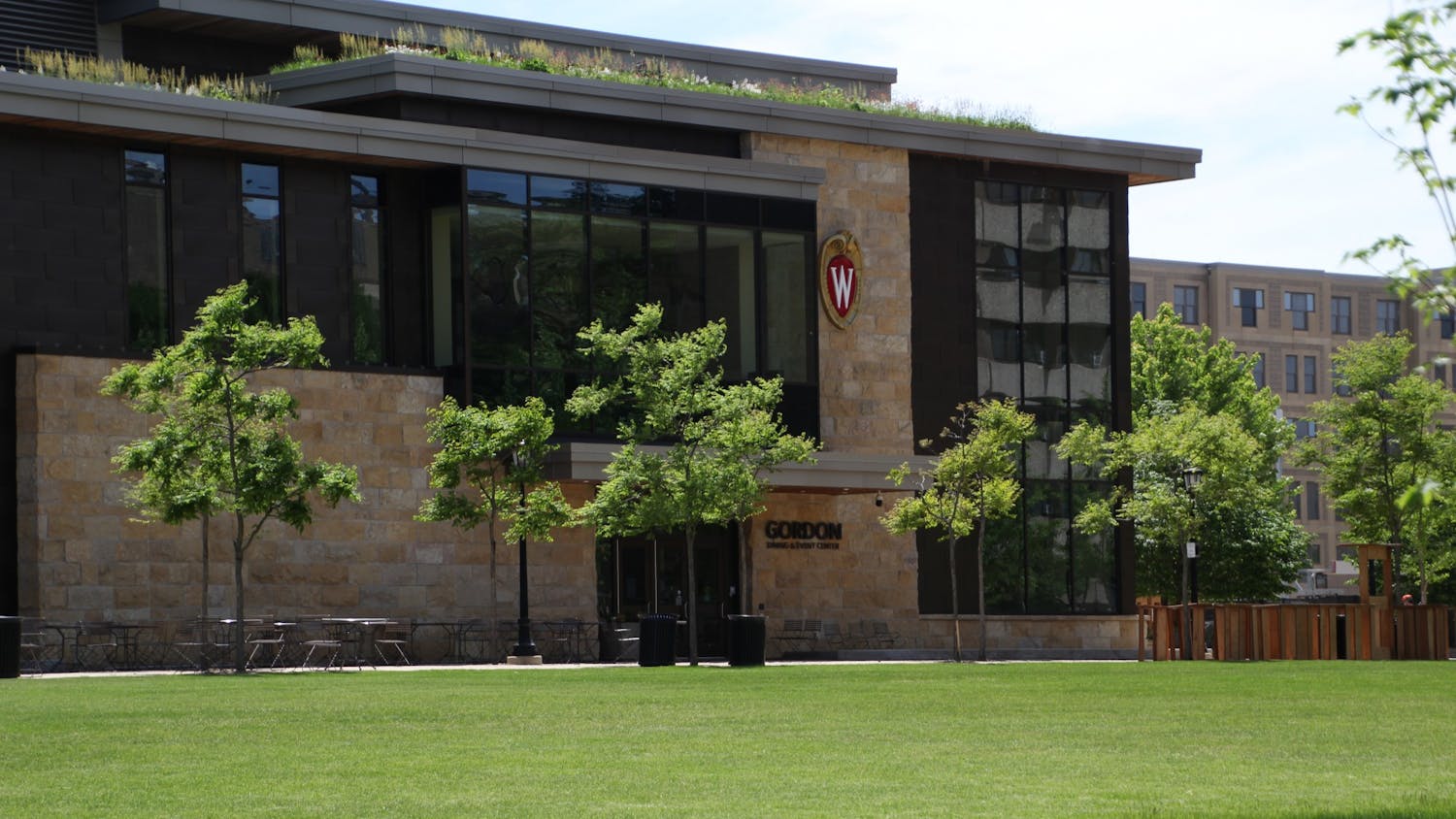As is often the case when major institutional budgets are adapted to meet cultural demands, the Associated Students of Madison’s new Green Fund met its fair share of scrutiny in 2014.
Fortunately, months of conflict have not swayed ASM Sustainability Committee Chair Will Mulhern. As a key member in the push to redistribute segregated fees toward the $80,000 fund, he happily noted far more eligible projects were submitted to the Green Fund than he expected.
“I tend to think conflict doesn’t always have to be the worst thing possible,” Mulhern, a University of Wisconsin-Madison sophomore, said.
The ASM budgetary committee approved the Green Fund in November 2013, inciting months of negotiations over its bylaws, application process and selection procedures until its February 2014 implementation.
Student organizations were able to begin applying for project grants in March. An appointed board of seven student government and campus representatives are reviewing grant proposals for the fall 2014 semester.
To receive funding, Mulhern said projects must “concretely affect campus” and the surrounding community in one of the six designated areas: food systems, ecological restoration, energy efficiency, water efficiency or transportation.
Green Fund Advisory Board members critique applications using a seven-point system to ensure the projects are fiscally responsible, realistic and will implement real change.
“We have to make sure we’re being responsible and not recklessly spending student money,” Mulhern said.
However, Aaron Conradt, a UW-Madison sophomore applying for the fund, said he feels the bylaws and selection process are limiting.
His “edible landscapes” idea aims to more productively use campus lawns, such as those near the Charter Street Plant and Gordon Commons by planting vegetable gardens and trees and creating seating areas.
Conradt received near-unanimous support from student government and university administration officials but encountered problems securing plans for specific locations without official approval and vice versa.
“No one wants to say yes to what might not happen,” Conradt said.
He called the application process “disappointing and basic” and said although the Green Fund covers construction and supply costs, long-term planning is complicated by its restrictions disallowing it to compensate student labor and event costs.
The application and bylaws resulted from a series of deliberations with ASM and the UW Office of Legal Affairs about how to appropriately allocate segregated fees, according to Mulhern.
Mulhern said he learned student segregated fees cannot be used to finance student research or employment, and developed the seven-point system as a viewpoint-neutral selection method.
“There’s always hoops to jump through and red tape,” admitted Mulhern, “but as unfortunate as that is, it’s worth it,” he said.
UW-Madison students Katherine Kokkinias and Alexandra Schwartz agree, which is why they combined their resources to establish a hybrid model of their respective branches of the Food Recovery Network and the Campus Kitchens Project.
Both programs operate to redistribute leftover perishable food from college dining halls to areas of food insecurity.
According to Kokkinias and Schwartz, the Green Fund could cover the cost of establishing the required student organization and provide necessary supplies.
However, approval requires sponsorship from an existing student organization as well as letters of recommendation from one faculty member and one administrative member, all of which have been difficult to obtain.
Kokkinias attributes this in part to how few people are familiar with the Good Samaritan Act. The act, signed into law by President Bill Clinton in 1996, encourages people to donate any food to a non-profit organization regardless of quality by removing the fear of liability.
As food from UW-Madison’s dining halls is state property, Kokkinias said she understands the university’s hesitancy about food redistribution.
However, she and Schwartz said their larger obstacles lay not in the legal concerns, but in others’ perceptions of their efforts.
“I get that pushback because ‘you’re young,’ because ‘you don’t know the world,’” Kokkinias said.
Schwartz was also criticized for her privilege as a white college student despite her aspirations. She said she is concerned her position might influence how the Madison community receives Campus Kitchens Project’s services, which include running community gardens, teaching cooking classes at local kitchens and providing job training in these areas.
“I don’t want anyone perceiving our group as, ‘oh, these are some wealthy white students who want to feel like they’re helping,’” she explained.
Schwartz contends she and Kokkinias are aware of the issues, which helps them build cross-community relationships and design projects that are able to overcome inequities.
Kokkinias expressed a similar sentiment.
“It’s about treating people like they’re people, not looking down on people like ‘you need help,’” Kokkinias said. She explained the projects help resolve social inequities in distributing food more equally among communities.
Conradt agrees these projects consider both sides of the equation and compensate for the decoupling between human consumption habits and the environment.
“[People] have no idea where their food comes from, so [they] don’t understand you can’t just have it all,” he said.
He also noted how this contradicts the intention of UW-Madison as a land grant university, advancing understandings of the agricultural and engineering fields.
According to Kokkinias, Green Fund projects will help reclaim that ideal through a better understanding of the UW-Madison campus in terms of its communities.
In fact, she said the change is already happening.
“There’s a giant food movement that’s happening in the Madison community,” she said. “And we’re not just providing food...we’re feeding the community’s needs.”





